‘Why are men so ordinary?’ The women fighting sexism in China

YouTube
No single comedian has been attacked as much as Yang Li, who rose to fame in August on a talk show competition with her iconic catchphrase “Why are men so ordinary, yet so confident?”
Around Christmas, she joked about men again, “A friend told me that my jokes are challenging men’s bottom line, I was so shocked, men have bottom lines?”
Her social media pages were flooded with insults. Many accused her of vilifying men just to “attract eyeballs”, some even reported her to authorities, attempting to censor her.
Among them was Chu Yin, a Beijing-based law professor and comedian. He has recorded videos calling her “ugly without makeup.” Afterward, he published a lengthy Weibo post, warning that Yang’s “bourgeois gender politics” could threaten the unity of the working class.
The treatment Yang received is an epitome of a backlash in Chinese public opinion towards its rising feminism movement in recent years. With more and more women becoming aware of, and vocal about, their rights.
Opponents have played on the Chinese word “nuquan”, feminism, replacing it with “woman’s fist”, which is pronounced the same in Mandarin. It denigrates women expressing their concerns or pointing out gender inequalities by labelling them as “punchers”; the critics question their intentions, instead of discussing the issues they raise.
Feminists say the backlash reflects broader gender antagonism that exists in Chinese society.
It hasn’t always been like this. A decade ago discussions about women’s issues in China were scarce.
When feminist Xiong Jing first started working for Weibo account Feminist Voices in 2011, much of what feminists did was to create a public event that invites media attention, and in turn pushes for public discussion and possibly changes to laws affecting women, she said.
A high-profile event was held in June 2012, when two masked women showed up in downtown Shanghai with signs in their hands that read “I can be slutty, but you cannot harass me”.
The protest was staged in response to a statement by the Shanghai Metro, which posted a photo on Weibo of a woman wearing a see-through skirt, with the words, “When you are riding the metro dressed like this, no wonder you’re getting sexually harassed”. Feminists accused the organisation of victim-blaming.
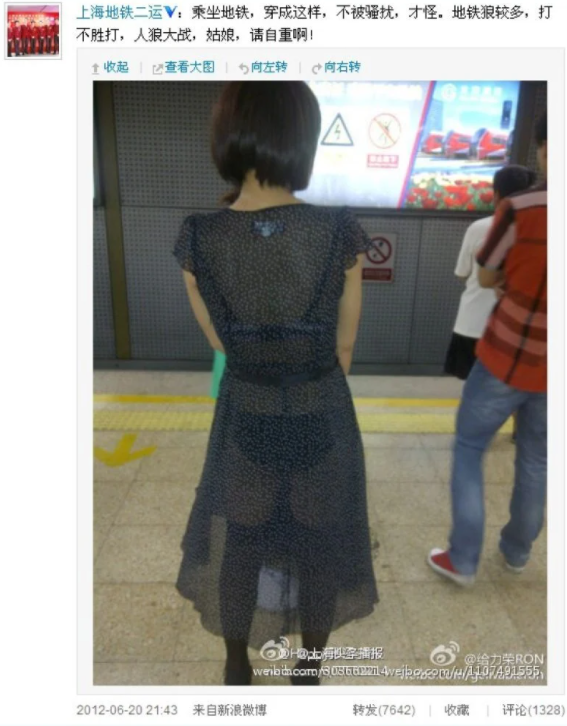
PHOTO: Weibo
Feminist Voices had reported on the event and gained more than 10,000 fans. It received a fair amount of criticism as well. Xiong said 70 per cent of the people did not agree with the feminists’ viewpoint, they said the women should be responsible for what they were wearing.
“But we all felt that debate was better than nobody caring about the issue,” Xiong said.
Gradually, more visibility of women and discussions of women’s rights have been occurring in China.
Under news items concerning women, people demanded equal treatment in recruitment, cried out against domestic violence, and even criticised media framing of gender-related stories.
When media said that a woman was killed by her ex-boyfriend because she broke up with him, one angry commenter wrote, “It’s plain murder by the man, state it in the headlines.”
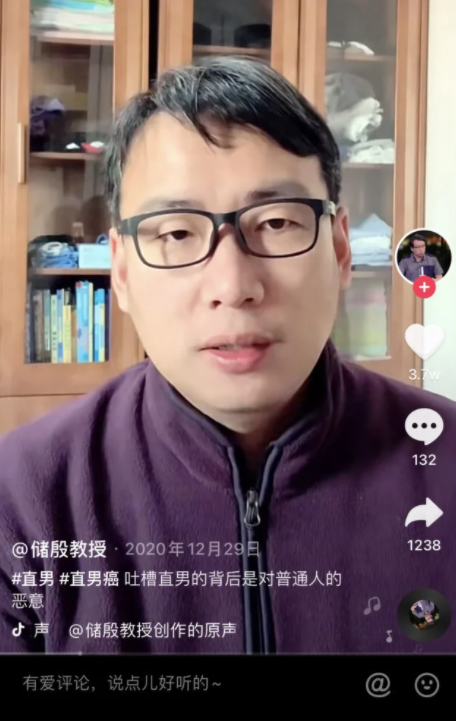
PHOTO: Douyin
Finally, in 2018, online posts by sexual harassment victims had set off China’s #MeToo storm. At the same time, detractors started labelling the feminists with negative names. First it was “Tianyuan Nuquan” (countryside feminism), an internet jargon meaning they were “fake feminism”; then it became “Feminism cancer”, and the latest, “women’s fist”.
Often, the backlash involved personal insults and doxxing. Shaoxi, a feminist blogger, told the Post her detractors had even harassed her family. She was often body-shamed. One detractor drew a cartoon of her as a pig being shamed by a woman with big breasts. She saw this as an inevitable outcome from fighting on behalf of women.
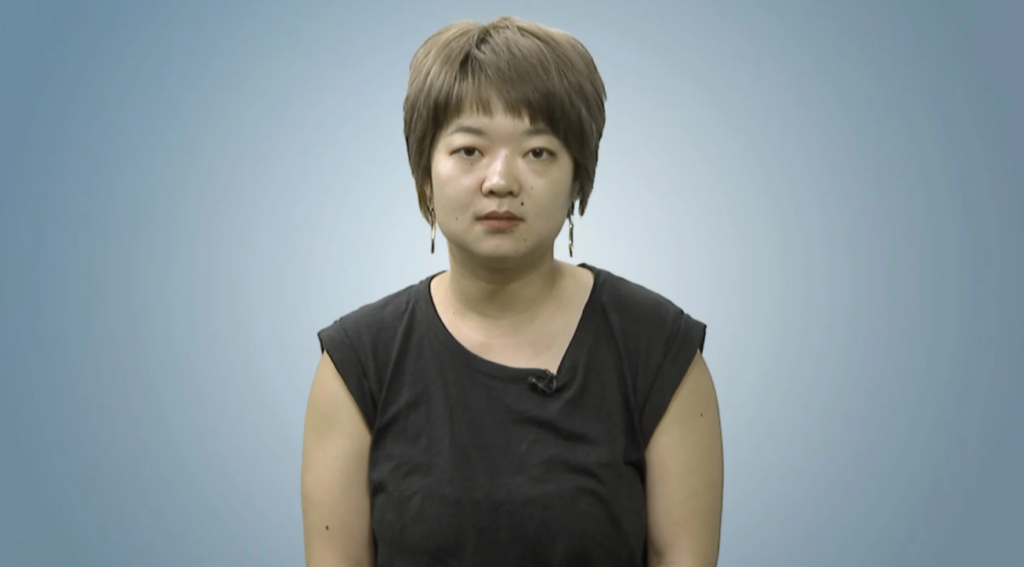
PHOTO: Nicholas Dearman
“When you are promoting women’s rights in a patriarchy, it touches on the men’s interests, so there’s bound to be backlash,” she said.
There’s an undeniable conflict of interest between men and women, said Lu Pin, a feminist campaigner and commentator living in the US.
“Gender equality is a zero-sum game, for example, if women don’t do domestic housework, then men have to. When one gains, another loses,” she said.
The backlash in China had coincided with an international trend. In the US, Trump’s support base has been characterised by “hostile sexism”. In South Korea, some men have formed groups “fighting for justice for men”.
In China, the gender division is partly due to the fact that there’s no systematic power that’s both strong and credible to provide solutions, Lu Pin said, such as good public policies to make sure that men not only take paternity leave but also fulfill their duties to their families.
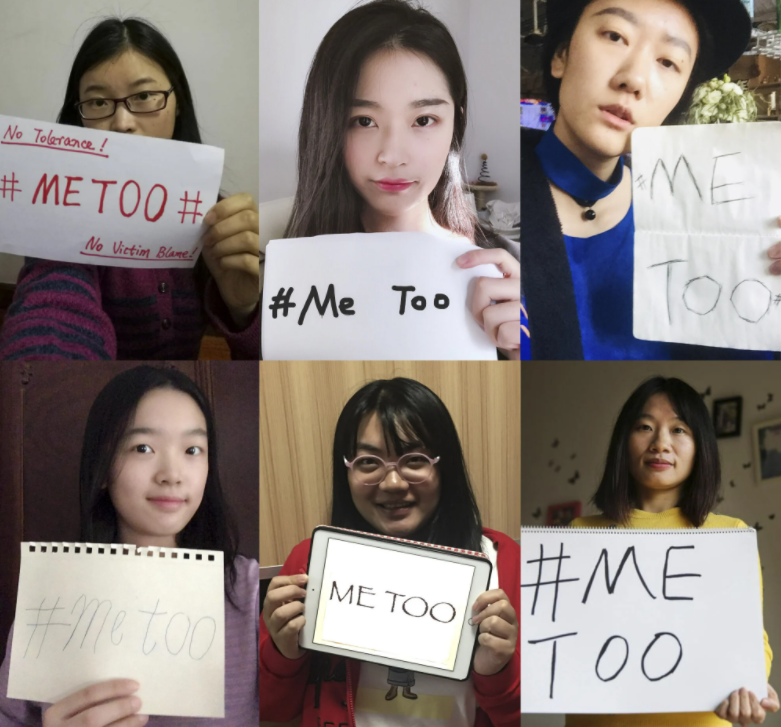
PHOTO: South China Morning Post
“In China there isn’t a higher power to play this role, and there are problems with where the government stands. The government’s policies not only always seem to fail at negotiating social conflicts, and they even enhance it,” she said.
Indeed, government policies have proven disappointing in many aspects. A most recent case being a new 30-day “cooling-off” period for divorces, which came into effect on January 1 this year. Targeted at slowing divorces, the rule inadvertently prompted couples to rush to get divorced before it became effective.
Furthermore, there’s vast online censorship over issues the government deems sensitive. Feminist Voices had fallen victim to this in 2018 when the account was suddenly terminated with no explanation.
In this radicalised environment, Lu said there seems to be no real dialogue and no solution to gender antagonism.
“Discussions cease to have meaning because it won’t come to any valuable conclusion, people are putting labels and taking sides,” she said.
But Shaoxi sees the backlash as an improvement.
“Previously, there’s always been oppression of women, but little protest from the women’s side, now we are no longer silent,” she said. She believes that progress is brought by conflicts, as seen in the US and Europe.
Xiong said she sees hope, as there are more male supporters in off-line events than she imagines.
“When a topic becomes more public, of course there are opposing voices, but at the same time we have a growing number of supporters … it’s only that they are not that visible in online debates,” she said.









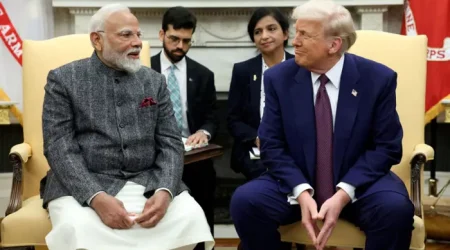


Leave a Reply